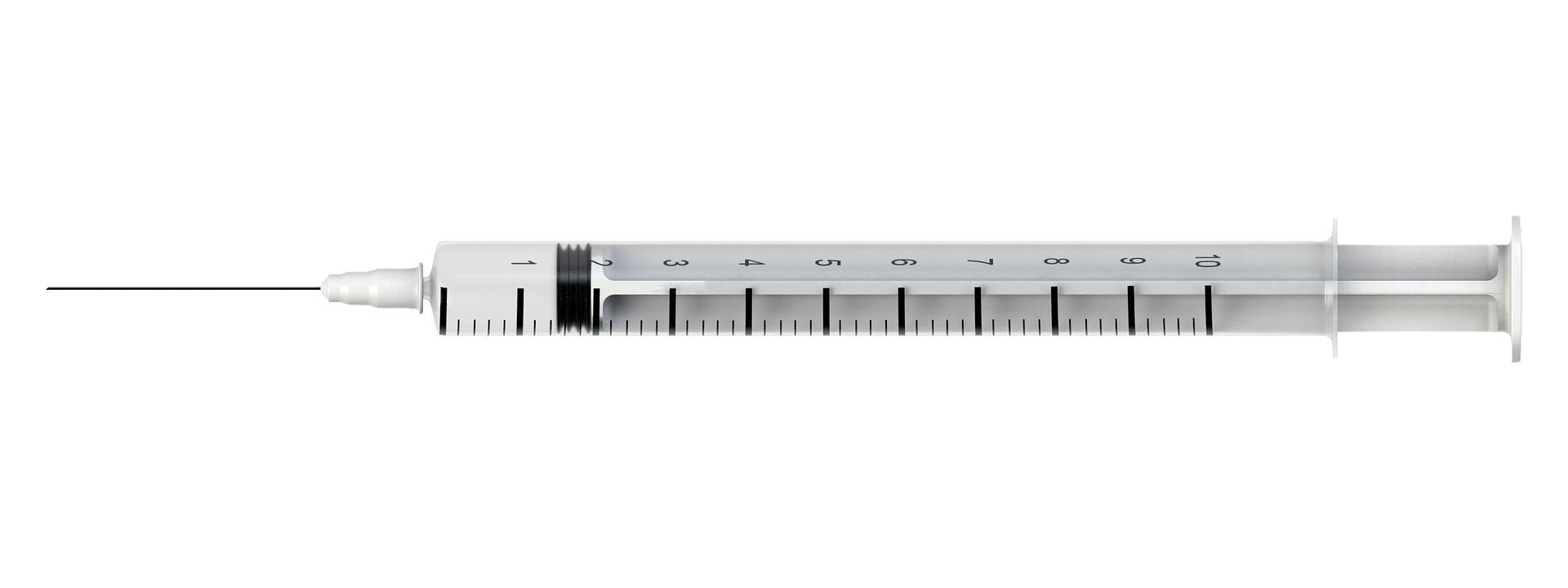When it comes to our health, it is easy to become overwhelmed by choice and uncertainty as information is only a click away in our modern day and age. However, with proper guidance on how to navigate your health, the possibility of choice is empowering as it allows us to take hold of the compass in our life. With a holistic approach to health, naturopathic medicine provides the unique ability to step back from a zoomed-in lens and view the body from a panorama perspective. This allows the practitioner to integrate scientific knowledge, intuition and social interactions with our environment to create a treatment plan that is individualized to your specific needs.
““We know from science that nothing in the universe exists as an isolated or independent entity “”
Naturopathic ToolKit
With the largest toolkit of any healthcare practitioner, the best treatment for YOU, a unique and individual being, is created.
Treatments may include:
““It is more important to know what sort of person has a disease then to know what sort of disease a person has””
Lifestyle & Nutritional Counselling
Lifestyle and nutrition provide the foundation for our health. In naturopathic medicine, our treatment choices follow the therapeutic order with the first tenant being: Remove Obstacles to Health. This includes assessing your current lifestyle by evaluating such factors as stress, activity level and sleep quality/quantity. In turn, dietary habits are addressed so nutritional advice can be given based on your specific needs. This may include simple food additions to your diet, elimination of specific foods, or dietary interventions to support a particular condition or constitution.
My goal is to help you foster a positive relationship with food. When we feel good about the food we are putting into our body, we metabolize these molecules differently then food choices attached to feelings of guilt, shame and embarrassment. When we nourish our bodies with whole foods, our taste buds adapt to these changes and over time we begin to crave the full spectrum of tastes, including "bitter" and "pungent".
““Food is friend, not foe””
Herbal Medicine
Herbal medicine is a distinct form of healthcare which uses plants in a safe and effective manner to support the body. Botanical medicine, herbal medicine and plant medicine are used synonymously when referring to the use of herbs for healing. Herbal medicine dates back thousands of years and according to the World Health Organization (WHO) is the most commonly employed healthcare modality throughout the world. Herbal medicine is for everyone, as seen by the use of culinary herbs (rosemary, ginger, garlic etc.) used by individuals on a daily basis. Contrary to mainstream belief, most plants are actually safe for use, although caution should always be employed when using new plants and should be given under the supervision of a qualified healthcare practitioner, such as a naturopathic physician or medical herbalist.
In my practice I use herbal products in various strengths and forms to support your body's individual needs. This may include culinary based herbs, herbal teas, topical applications or herbal medicines in a specific solution to bring out the active principles in the plants (ex. tinctures, syrups). Herbal medicine is an example of naturopathy at its finest, as plants provide more then physical support to the body. Every plant is its own spirit with a unique constitution; the interaction between yourself, the plants and the environment address the entire person - mind, body and spirit.
For more information regarding herbal medicine and upcoming herbal workshops please see my herbal workshops page
Hydrotherapy
Hydrotherapy = water therapy. This corresponds to the healing powers of water to stimulate the body's innate healing capabilities. When reviewing the history of naturopathic medicine, hydrotherapy is the oldest modality and the driving force that brought naturopathy into North America by Dr. Benedict Lust in 1896.
Based on the traditional European Sanitariums, hydrotherapy involves the use of water in many different forms to stimulate the body. When you plunge into a river, do you emerge feeling more vital and energized? The invigorating feeling accompanied by a cold dip is actually your body responding on a cellular level. As the human body is comprised of ~60% water, it is a necessary component to life.
Hydrotherapy treatments are generally prescribed at-home therapies, which may include but are not limited to:
- Warming Socks Therapy - frozen, wool socks put on the feet before bed to decrease head/sinus congestion, relieve hot flashes etc.
- Contrast Hydrotherapy Showers - alternating between hot and cold water to stimulate the immune system and boost metabolism
- Hot foot baths - soaking feet in hot water with added essential oils to decrease head congestion, headaches etc.
Homeopathy
Homeopathy is a form of medicine based on the principle "like cures like". Homeopathic medicine has been used for over 200 years and is recognized by the WHO as the 2nd largest therapeutic system in use in the world. The term homeopathy was coined by a German physician, Dr. Samuel Hahnemann, who set out to create a form of medicine that was both safe and effective for his patients. Homeopathic preparations are exponentially diluted substances which contain a specific set of energetic properties to stimulate the body's innate healing ability (called the Vital Force). Homeopathy is an individualized form of medicine, in which your physical, mental and emotional symptoms are taken into account.
Homeopathy is safe for all ages and poses no risk of interaction with other supplements or medications, as the remedies are diluted to such an extent there is essentially no physical trace of the substance. Homeopathic medicines are particularly wonderful treatment options for the paediatric and pre-natal populations, providing support for both physical and mental/emotional imbalances.
Acupuncture
Acupuncture, a foundational therapy in Traditional Chinese Medicine (TCM), uses your body's natural energy patterns to promote health. In TCM, the human body is viewed as a series of energetic channels called meridians, which carry our fundamental energy or life force known as Qi. Acupuncture works by activating points along the various channels (using acupuncture needles or acupressure) to bring the body back into a state of balance. Depending on your overall TCM pattern (which is assessed during the initial consultation and again at each appointment to adjust treatment as your TCM picture shifts ), specific points will be paired together and either stimulated or sedated. Acupuncture needles differ from injection needles in that they are extremely thin and slide between muscle fibres, providing a gentle, non-invasive therapy. Acupuncture is a wonderful tool for treating musculoskeletal complaints, mental/emotional disturbances and specific conditions. Additional therapies may include:
- Moxibustion - compressed herbs used to warm the body and move Qi
- Cupping - glass, plastic or silicone cups which are suctioned to the skin, creating a local vasodilatory effect to increase circulation and support tissue healing
- Electroacupuncture - using an electrostimulation device, a continuous electric pulse is delivered through the acupuncture needles to move Qi and relax muscle fibres
Physical Medicine
Physical medicine encompasses a variety of treatments which support the body's musculoskeletal structure. Day in and day out, we rely on our bodies to withstand physical labor and take us from point A to point B. However, what happens when our body can no longer keep up with the demands? Just like our mental psyche, our physical body needs self-care in order to thrive and feel energized. In turn, our body holds onto trauma, as seen in chronic pain syndromes post-injury. We often don't realize the interconnectedness between our physical concerns and mental/emotional state, yet the memories and tension held in our tissues affect our entire being.
When we assess the physical body, we must look at the entire kinetic chain, starting with our feet and working up to the head. Did you know pes planus or "flat feet" may be contributing to your neck and shoulder tension? In addition to addressing the skeletal and muscular components, all our muscles are wrapped in a thin layer of connective tissue called fascia. I often think of fascia as a layer of Saran Wrap covering our muscles - as our fascial layer is connected throughout the body, you can begin to understand how an imbalance in one area can affect the entire system.
Taking this into consideration, naturopathic medicine looks to address the entire person, with therapies to support both the physical and emotional aspects of our tissues. With a thorough understanding of the functionality of our muscles, tendons, joints, ligaments and skeletal structure, proper guidance can be given as to which therapy will be most beneficial for your condition. In-office physical medicine practices may include posture and gait analysis, soft tissue and spinal manipulations when necessary. In my practice, I often support the body using a combination of therapies, including soft tissue, acupuncture with electrostimulation and cupping to provide a comprehensive treatment and relieve pain/muscular tension.
Nutritional Supplementation
Nutritional supplementation includes the use of specific vitamins, minerals, amino acids and other chemical compounds in a therapeutic dose to support your body's healing process. How many times have you walked down the supplement aisle at a health food store only to turn away in overwhelm as 10 different magnesium products stare you down? With the ever increasing number of decisions to be made on a day-to-day basis, it is no surprise that we may feel inundated by choice and unsure of how to proceed in the natural health arena. This is where naturopathic medicine shines - trained to analyze the quality, strength, dosing and effectiveness of various nutraceuticals, I can help guide you through the decision making process and determine which nutrients will best support your needs. Our nutraceuticals used in clinic are of the highest quality and include practitioner-only companies.
Orthomolecular Medicine
Orthomolecular medicine translates to "right molecule" and was coined by two time Nobel Prize winner and molecular biologist, Linus Pauling, Ph.D in 1968. Orthomolecular medicine is the practice of disease prevention and treatment by providing the body with optimal amounts of naturally occurring compounds in the body. Pauling is most famous for his extensive research on vitamin C - his work is reflected among the naturopathic community today.
IV Nutrient Therapy


Intravenous nutrient therapy is an effective way to deliver large amounts of vitamins, minerals and amino acids into the body to support various health concerns. As multiple factors hinder our body's ability to absorb nutrients, IV therapies provide direct delivery into our bloodstream, bypassing the digestive tract for absorption. IV nutrient therapy is not only helpful for supporting health concerns such as low immunity, fatigue, stress, "brain fog" and chronic dehydration, but it can also be used for health optimization. IV vitamin therapies were introduced by Dr. John Myers, as seen by the Myers Cocktail IV - a combination of vitamins, minerals and water administered intravenously. Every IV is tailored to meet your specific health concerns, whether it be to provide the body with extra nutrients, antioxidants or serving as a rehydration tool.
Injection Therapy
Intramuscular injection therapies provide the body with a concentrated dose of specific nutrients, bypassing the digestive tract (as in IV therapies). Commonly administered injection therapies include:
- Intramuscular B12 & B9
Pharmaceutical Prescriptions
Adhering to the 7 tenants of the therapeutic order, a naturopathic physician should only use prescriptive mediations when other, less invasive therapies are not sufficient to support your body's current health state. As seen in the therapeutic order, "addressing pathology using specific pharmacological or synthetic substances" is reserved for conditions in which a natural and integrative approach are not substantial. A general rule when prescribing is "start low and go slow" - this can be said for essentially any therapeutic intervention. As a naturopathic physician in B.C, I have authority to prescribe pharmaceuticals which are included in our college's scope of practice. This includes both conventional pharmaceuticals which are generally covered under PharmaCare as well as specific compounded prescriptions such as bio-idential hormones, topical applications and compounded thyroid medications.









